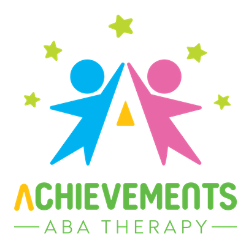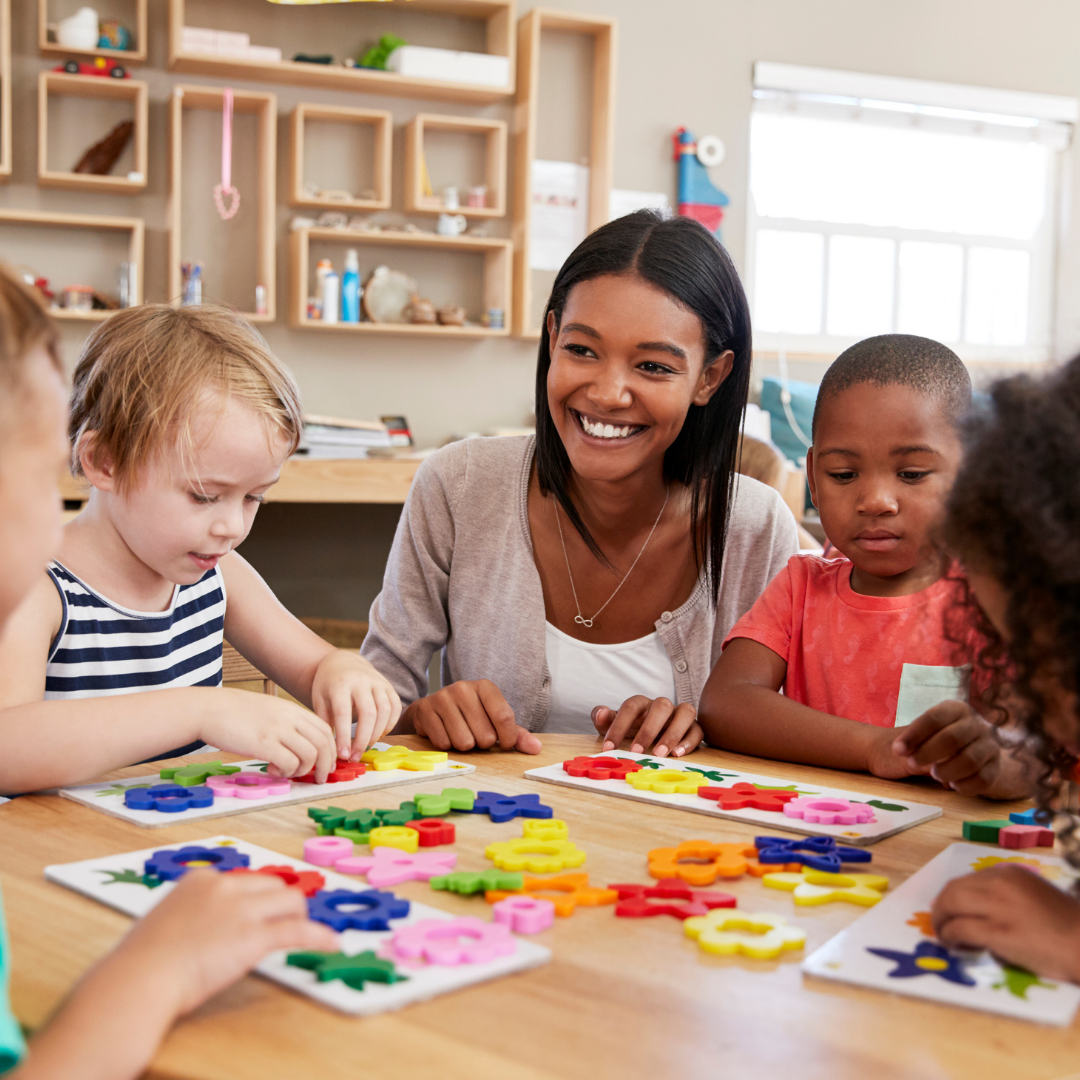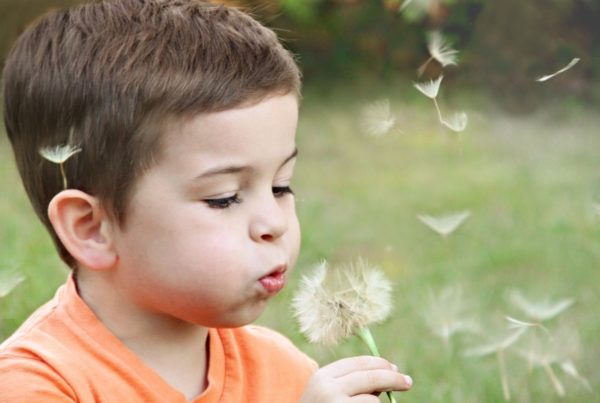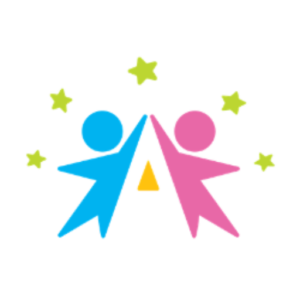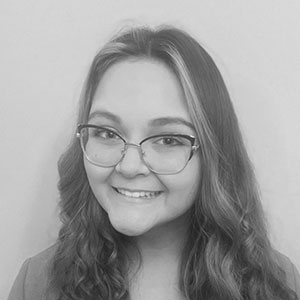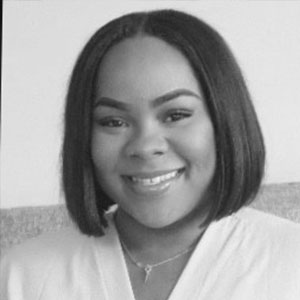Receiving an autism diagnosis is an emotionally exhausting experience for a parent.
Thoughts rush in—how did this happen? I had countless hopes and dreams for my child. Will they be able to…? Most crucially, can my child lead a fulfilling and productive life?
Deciding the right treatment for your child is the next step. This further adds to the nightmare.
Which therapies should I choose for my child? How many hours of intervention does he/she need? Which treatment takes higher priority? How will I find time for these therapies in my already busy schedule? There are so many agencies! Which one do I choose? I am getting lost in this alphabet soup- what is an RBT, BCBA, BCABA???
How does ABA Therapy work?
Initial Assessment/Evaluation
The next step is an initial assessment.
A Board Certified Behavior Analyst, also known as a BCBA evaluates your child. Common testing tools include the ABBLS, VBMapp. Other tests used are Vinelands, AFFLs or Skills Streaming. After this, your BCBA creates a treatment plan. This report includes all the goals that will be worked on. No two treatment plans are the same. This is because we personalize the treatment plan to meet your child’s needs.
After the treatment plan is developed, it is sent to the parent to go over. We at Achievements ABA Therapy value your input. Therefore, we discuss the findings of this evaluation with you, in addition to discussing the treatment plan.
Create an ABA Therapy Schedule
Next, our scheduling department reaches out to you to discuss your child’s upcoming ABA therapy schedule.
After that is finalized, you receive a Client Schedule Form with your child. This document includes the schedule and all necessary contact information of your assigned RBT and BCBA.
Thereafter, you gain access to your child’s data collection/session notes account. You can access this software to review your child’s session notes and progress at any time.
Prior to your first session, the office contacts you to confirm ABA services are set to begin. This helps to ensure a smooth start.
Direct Therapy with RBT
ABA therapy services begin.
What does the ABA Therapist/RBT work on with my child?
Each client is unique. Every child has their own strengths and weaknesses that need to be developed. Achievements ABA therapy philosophy is to work on focusing on your child’s strengths. Additionally, we work to create a positive and nurturing therapy atmosphere. Your child’s ABA therapist/ RBT asks you at the start of ABA sessions about your child’s hobbies and interests. We try to use this information to make our sessions as engaging and interesting as possible. We always tell our ABA therapists/RBTs and parents that a child should be excited about therapy.
The actual ABA therapy sessions are structured around your child’s treatment plan.
Expressive Language
Each treatment plan includes an expressive language domain. Expressive communication does not only include words. For example, this includes teaching nonverbal children to sign or use Picture Exchange Communication System (Pecs). Goals for older clients target expressing their wants, needs opinions, and emotions.
Receptive Language
Receptive language is the foundation of expressive language, therefore an emphasis is placed on this domain. For older children, this includes understanding sarcasm, idioms, and direction following.
Play Skills
Plays skills are so important. Our treatment plans focus on developing skills that allow children to improve their quality of life. Play skills help children use their free time in a constructive way. Moreover, play skills increase attention spans in addition to helping children develop age-appropriate interests. Play skills help language and cognitive skills. They are also a great replacement behavior for self-stimulation. Play provides great opportunities to use creativity, imagination, and abstract thinking. Most importantly, it helps children make friends.
Social Skills
Social Skills are also included in our treatment plans. This includes teaching children to read social cues, and how to make lasting friendships.
Daily Living Skills
Daily living skills included in the treatment plan targets toileting goals, feeding goals, and hygiene.
Behaviors
Last, all behaviors of concern are worked on by using the behavior plan.
Parent Training
What is my role as a parent in ABA Therapy?
A good program involves the parent every step of the way. That is to say, Consistency inside and outside ABA therapy is key. Coordination of care between the school, in addition to all other providers services a child is important. Achievements ABA offers weekly parent training. During these sessions, your BCBA discusses your child’s goals and progress. In addition, your BCBA helps troubleshoot any difficulties that you may be experiencing at home. For example, if you are struggling with dinner-time tantrums, bring this up to your BCBA at your parent training to learn some tips.
Supervisions/Treatment Planning
How is the progress tracked?
Our ABA therapists take data at each session. This helps track the progress of each and every client. Our BCBAs review the data weekly and as a result, adjust the programs weekly according to your child’s progress. Once a week, a supervising BCBA will join your child’s ABA therapy session. Supervision ensures that your child is making optimal progress. Additionally, a reassessment is completed biannually.
Where do we work with your child?
Achievements ABA takes pride in our wonderful in-home, school, daycare, and community model.
In-Home ABA Therapy
Your therapist will work in your home with your child. This helps carry over skills learned. For example, toilet training occurs in your child’s bathroom. This model is beneficial for parents as well. The parent watches and learns many techniques and strategies from the RBT and BCBA while services are taking place.
We are proud to service in-home services throughout the state of Georgia including the following counties:
City of Atlanta ,Cherokee County, Clayton County, Cobb County, DeKalb County, Douglas County, Fayette County, Fulton County, Gwinnett County, Henry County, Rockdale County, Chatham county Bryan county and Effingham County.
In-School ABA Therapy
Achievements ABA is proud to work alongside many wonderful schools throughout the state of Georgia. Our ABA therapists and BCBAs work alongside the incredible teachers. We help develop and implement behavior plans in the classroom. Our ABA therapists also work on social skills during recess and lunchtime.
DayCare ABA Therapy Model
We are proud to partner with many wonderful daycares throughout the state of Georgia. Our ABA therapists and BCBAs work alongside the client to work on both DTT and NET programs. Our therapist will create a schedule with enough 1:1 and natural environment teaching time. This depends on your child’s needs. Our goal is to help mainstream your child into a daycare setting.
Community ABA Therapy Model
Our ABA therapy community model works on bringing your child out into the community. For example, we can have sessions in the park or grocery store to practice what we learned. As a result, this helps generalize the goals worked on. We similarly work with job training for our older clients.
